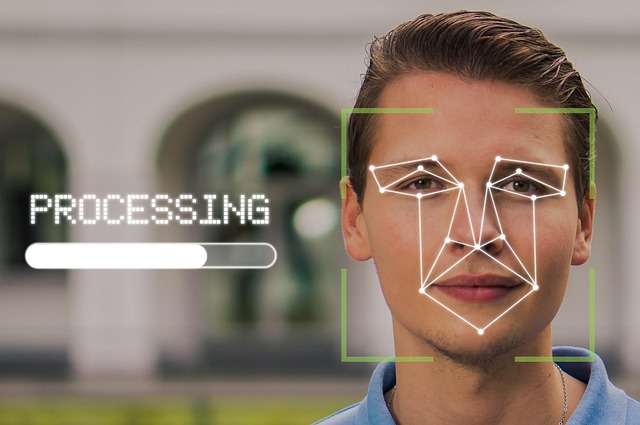The emergence of digital communication has transformed our world into an interconnected network, where information travels at lightning speed. However, this rapid dissemination has also paved the way for a concerning phenomenon: fake news. As we navigate through a maze of information, the significance of fake news detection becomes increasingly evident, underscoring the need for awareness and responsibility in our digital interactions.
The Technology Etiquette of Information Sharing
With the power to share content at our fingertips, it is essential to practice good technology etiquette. This means verifying the information before hitting ‘share’. Engaging in responsible sharing not only enhances our credibility but also protects those around us from potential misinformation. Fake news detection tools have emerged to assist us in this endeavor, providing a much-needed shield against misleading content.
Many news verification platforms utilize advanced algorithms and artificial intelligence to analyze the veracity of claims. These tools sift through vast amounts of data and flag dubious content, allowing users to make informed decisions about what they consume and share. Incorporating these technologies into our daily habits can dramatically improve our ability to discern truth from deception.
Adapting to Social Trends
As society increasingly relies on digital media for news consumption, the landscape of communication is continuously evolving. This shift necessitates an adaptation to new social trends, particularly in how we perceive and respond to information. Fake news detection has become a hot topic, influencing conversations on online platforms, in classrooms, and even in workplaces.
Educational initiatives focused on media literacy are crucial. These programs empower individuals to critically evaluate sources and understand the mechanics behind information dissemination. The engagement of tech companies in these social trends, through campaigns and partnerships aimed at promoting accurate information, plays a pivotal role in shaping a more informed society.
By incorporating technology-focused solutions into our daily lives and fostering a culture of responsible communication, we can create a network that values truth and integrity. Fake news detection is not merely a technological challenge; it’s a cultural movement that requires our collective effort to nurture a more enlightened world.
As we continue to navigate the digital age, let us embrace the tools at our disposal and commit to being vigilant and informed consumers of information. Only then can we dismantle the barriers of deception and foster a community grounded in truth.




